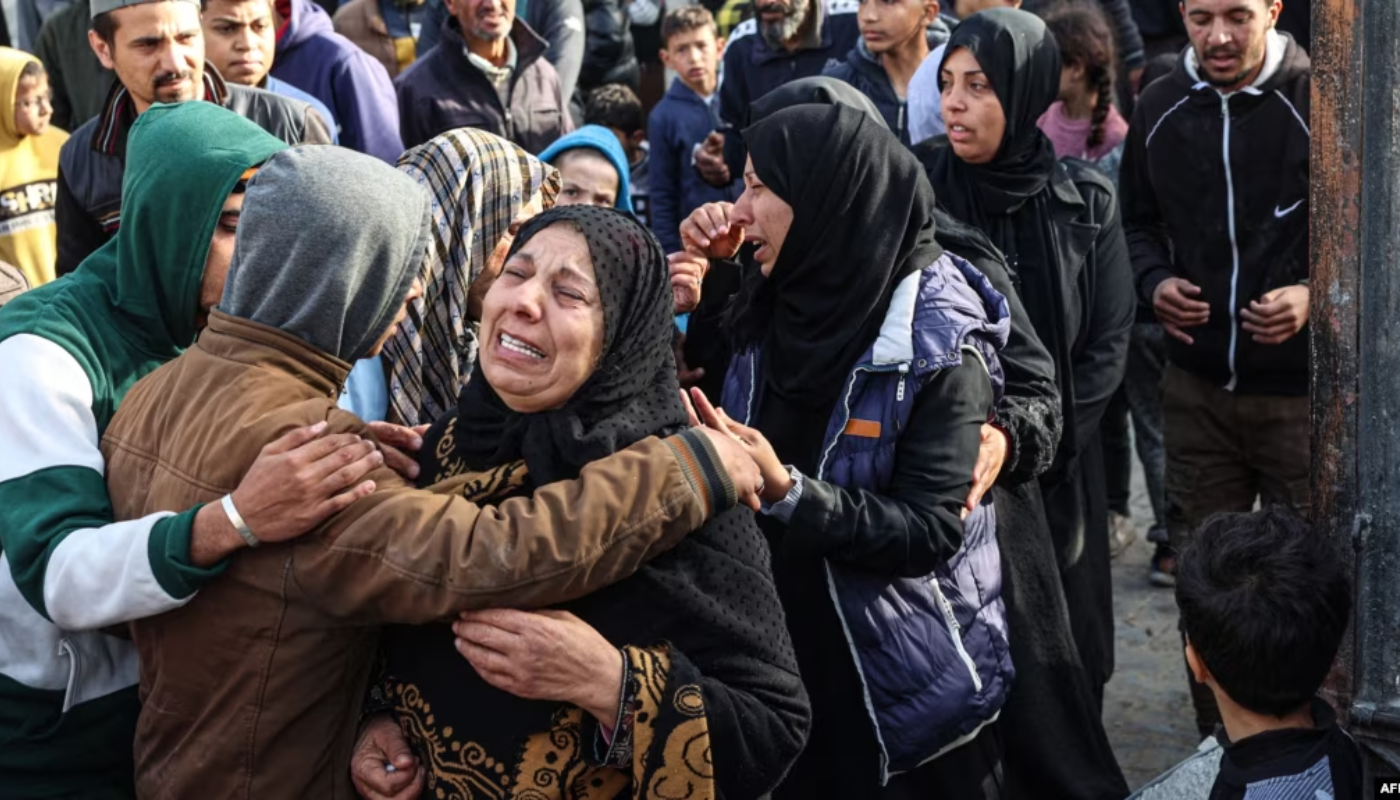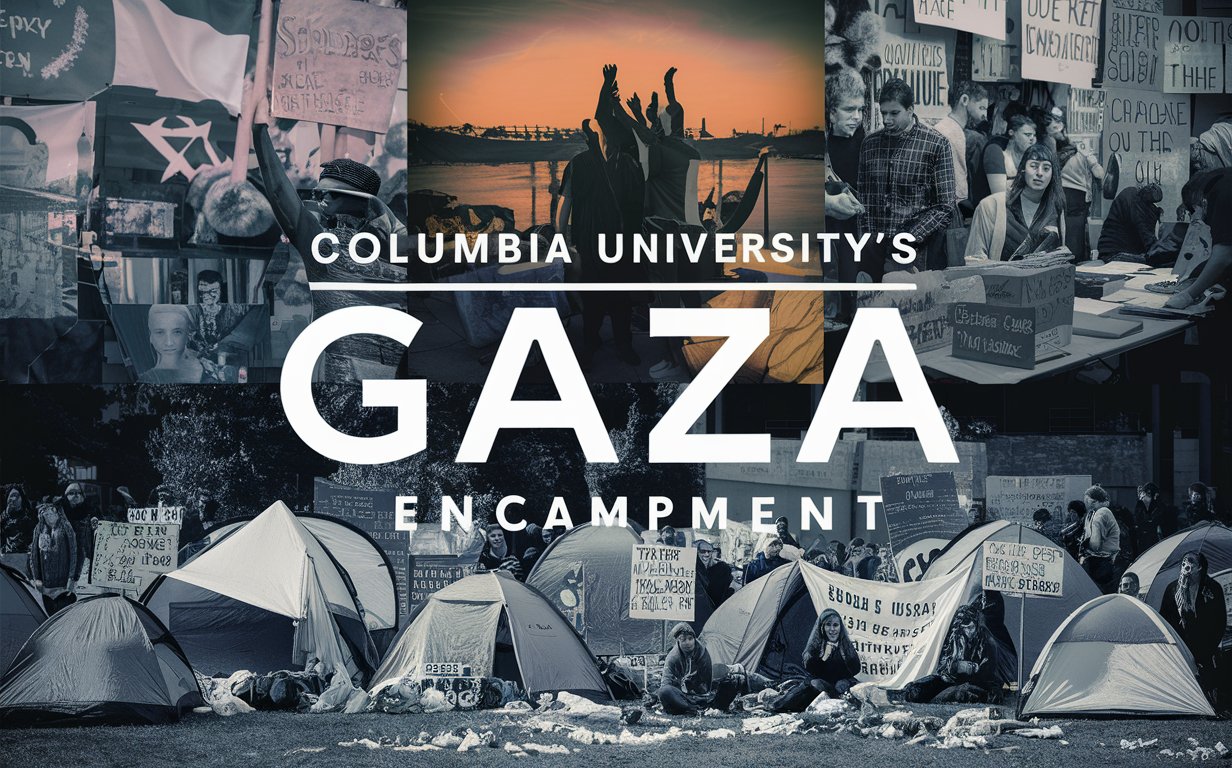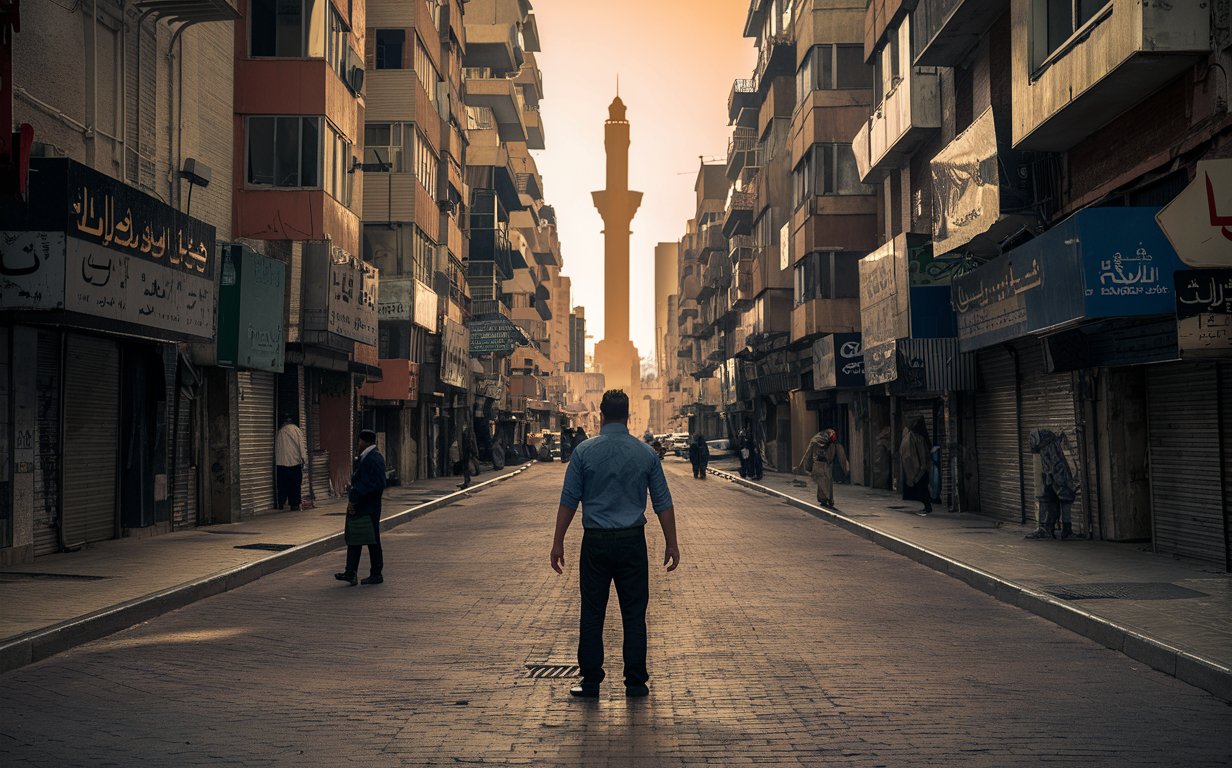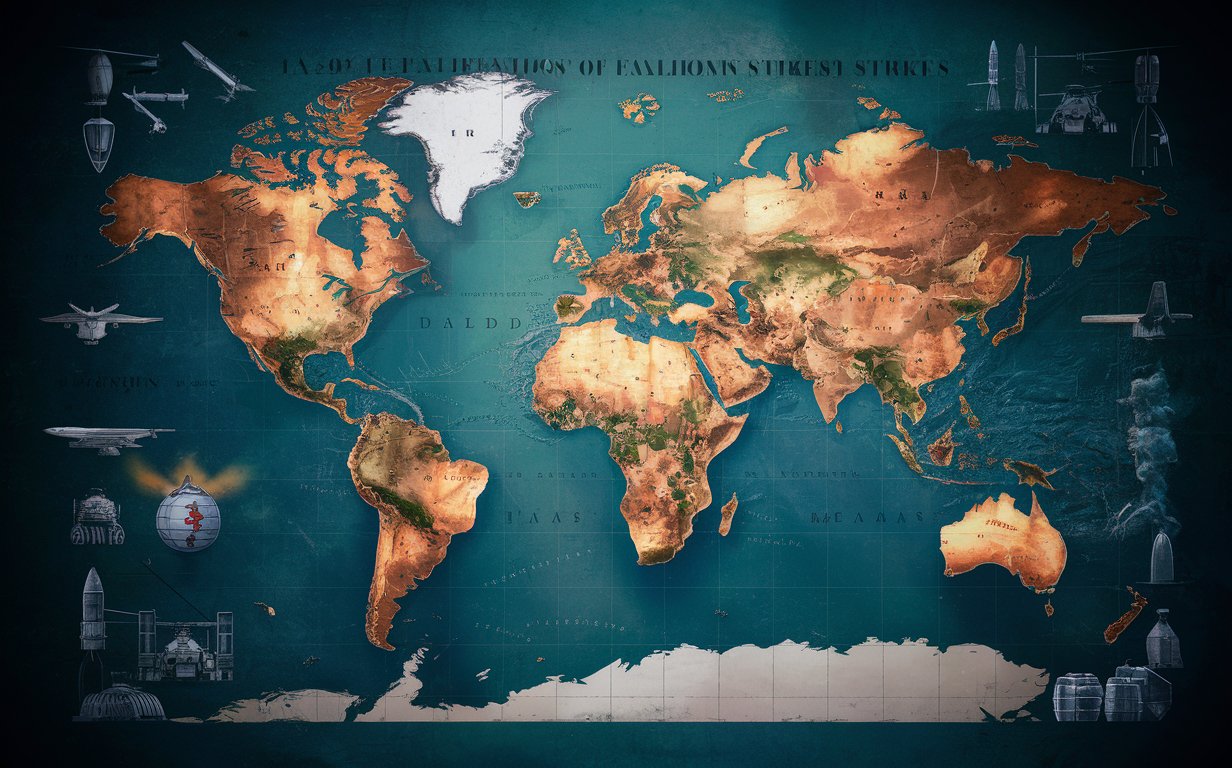Israel
Gaza Cease-Fire Talks to Resume Sunday: A Bleak Outlook for Palestine

Gaza Cease-Fire Talks to Resume Sunday: Open Graveyard for Palestine is a topic that has been making headlines around the world. The cease-fire talks between Israel and Hamas have been ongoing for years, but they have been particularly contentious in recent months. The situation in Gaza is complex, with many different factors at play, including political, economic, and social issues.
The historical context of Gaza Cease-Fire Talks is critical to understanding the current situation. The conflict between Israel and Palestine has been ongoing for decades, and the situation in Gaza has been particularly tense in recent years. The region has been subject to a blockade by Israel, which has severely restricted the movement of people and goods in and out of the area. This has led to a humanitarian crisis, with many people living in poverty and without access to necessities such as food, water, and medical care.
The current Cease-Fire Negotiations are being closely watched by the international community, as they have the potential to bring an end to the conflict in Gaza. However, the negotiations are complicated, with both sides having different demands and priorities. The talks are also taking place against the backdrop of a rapidly changing political landscape in the region, with new players and alliances emerging. The outcome of the negotiations will have significant implications for the region and beyond.
Table of Contents
Key Takeaways
- The cease-fire talks between Israel and Hamas have been ongoing for years, but they have been particularly contentious in recent months.
- The situation in Gaza is complex, with many different factors at play, including political, economic, and social issues.
- The outcome of the negotiations will have significant implications for the region and beyond.
Historical Context of Gaza Cease-Fire Talks
The Gaza Strip has been a centre of conflict between Israel and Palestine for decades, with numerous cease-fire agreements being brokered and subsequently broken. The latest round of talks, set to resume on Sunday, is no exception.
Previous Cease-Fire Agreements
In 2014, a 50-day war between Israel and Hamas resulted in a cease-fire agreement brokered by Egypt. The agreement called for the easing of the Israeli blockade on Gaza, the opening of border crossings, and the expansion of fishing zones. However, the agreement was not fully implemented, and violence between the two sides resumed.
In 2018, another cease-fire agreement was reached, this time with the help of the United Nations and Egypt. The agreement called for an end to violence, the opening of border crossings, and the expansion of fishing zones. However, the agreement was once again not fully implemented, and violence between the two sides continued.
Role of International Mediators
International mediators, including the United Nations, Egypt, and Qatar, have played a crucial role in brokering cease-fire agreements between Israel and Palestine. These mediators have sought to bring an end to the violence and ease the humanitarian crisis in Gaza.
However, the success of these cease-fire agreements has been limited, and the underlying issues of the conflict remain unresolved. The resumption of talks on Sunday offers a glimmer of hope for a lasting peace, but it remains to be seen whether the two sides can come to a meaningful agreement.
Current Cease-Fire Negotiations
Negotiations for a cease-fire in Gaza are set to resume on Sunday, with the hopes of ending the current conflict between Israel and Hamas. The talks will take place in Cairo and will involve representatives from both sides, as well as officials from Egypt and the United Nations.
Key Negotiating Parties
The key negotiating parties in the talks are Israel and Hamas. Israel is represented by a delegation led by Defense Minister Benny Gantz, while Hamas is represented by a delegation led by its political leader, Ismail Haniyeh. The talks are being mediated by Egypt, which has played a key role in past cease-fire negotiations between Israel and Hamas.
The United Nations is also involved in the negotiations, with UN Middle East envoy Tor Wennesland playing a key role in the talks. The UN has called for an immediate cease-fire in Gaza and has expressed concern over the high number of civilian casualties in the conflict.
Sticking Points in the Talks
One of the key sticking points in the talks is the issue of the blockade of Gaza. Hamas has demanded that Israel lift the blockade, which has been in place since 2007, as part of any cease-fire agreement. Israel has refused to lift the blockade, citing security concerns.
Another issue is the disarmament of Hamas. Israel has demanded that Hamas disarm as part of any cease-fire agreement, while Hamas has refused to do so, citing the need for self-defence.
Despite these challenges, both sides have expressed a willingness to engage in the talks, and there is hope that a cease-fire agreement can be reached.
Implications for the Region
The resumption of Gaza cease-fire talks on Sunday has significant implications for the region. The talks come after a period of intense violence and unrest in the Gaza Strip, which has led to the deaths of hundreds of Palestinians and Israelis. The following are some of the implications of the talks for the region.
Impact on Palestinian Communities
The resumption of cease-fire talks is likely to have a significant impact on Palestinian communities in the Gaza Strip. The talks are aimed at ending the violence and restoring calm to the region, which would be a welcome relief for the people of Gaza who have been living in a state of constant fear and uncertainty. If the talks are successful, it could lead to the easing of the Israeli blockade of Gaza, which would improve the economic and humanitarian situation in the region.
Regional Stability and International Response
The resumption of cease-fire talks is also likely to have implications for regional stability and the international response to the conflict. If the talks are successful, it could lead to a period of relative calm in the region, which would be welcomed by neighbouring countries such as Egypt and Jordan. It could also lead to increased pressure on Israel to address the root causes of the conflict, such as the occupation of Palestinian territories and the blockade of Gaza.
Overall, the resumption of Gaza cease-fire talks on Sunday is a positive development for the region. While it remains to be seen whether the talks will be successful, the fact that they are taking place at all is a sign that both sides are willing to engage in dialogue to end the violence and restore calm to the region.
Frequently Asked Questions
What are the main objectives of the Gaza cease-fire talks?
The main objectives of the Gaza cease-fire talks are to reach a lasting agreement between Israel and Palestine that would end the violence and improve the humanitarian situation in Gaza. The talks aim to address the root causes of the conflict and to find a comprehensive solution to the issues that have led to the escalation of violence in the region.
How have previous cease-fire agreements in Gaza been structured?
Previous cease-fire agreements in Gaza have been structured differently depending on the parties involved and the context of the conflict. Some agreements have focused on short-term truces to allow for humanitarian aid to be delivered to Gaza, while others have aimed to address the underlying causes of the conflict and to establish a more lasting peace.
What role do international mediators play in Gaza cease-fire negotiations?
International mediators play an important role in Gaza cease-fire negotiations by providing a neutral forum for dialogue between the parties involved. They can help to bridge the gap between the parties and to facilitate the negotiation process by providing technical expertise, legal advice, and other forms of support.
What are the major points of contention between the parties involved in the Gaza cease-fire talks?
The major points of contention between the parties involved in the Gaza cease-fire talks include the status of Jerusalem, the right of return for Palestinian refugees, the security of Israel, and the control of Gaza. These issues have been at the heart of the conflict for decades and have proven to be difficult to resolve.
How does the Gaza cease-fire impact the broader Israeli-Palestinian conflict?
The Gaza cease-fire has the potential to impact the broader Israeli-Palestinian conflict in several ways. A successful cease-fire could lead to a broader peace agreement between Israel and Palestine, while a breakdown in the talks could lead to further violence and instability in the region.
What are the humanitarian implications of the cease-fire for residents of Gaza?
The humanitarian implications of the cease-fire for residents of Gaza are significant. The cease-fire could allow for much-needed humanitarian aid to be delivered to the region, including food, water, and medical supplies. It could also lead to an improvement in the overall living conditions for residents of Gaza, who have been suffering from a long-standing humanitarian crisis.
Analysis
Columbia’s Gaza Encampment: A Flashpoint in US-Israel Relations and a Growing Movement on Campuses

Introduction
The Ivy League campus of Columbia University has become the centre of a heated stand-off between student activists and the administration over a “Gaza encampment” protest, raising questions about the limits of free speech and the role of universities in shaping political discourse. This article will delve into the background of the controversy, its implications for US-Israel relations, and the broader trend of anti-Israel activism on college campuses.
Background
In early April 2024, a group of Columbia students set up a makeshift encampment on the university’s main quad to raise awareness about the humanitarian crisis in the Gaza Strip and to protest Israel’s policies towards the Palestinian population. The encampment, which was inspired by similar actions at universities in the United Kingdom and Europe, featured anti-Israel slogans and posters, as well as tents and other structures to symbolize the living conditions of Palestinians in Gaza.

The university administration, citing safety concerns and the disruption of campus activities, ordered the students to dismantle the encampment and to refrain from further demonstrations. However, the students refused to comply, arguing that their right to free speech and peaceful assembly was being violated. The stand-off quickly escalated, with both sides digging in their heels and the media descending on the campus to cover the unfolding drama.
Implications for US-Israel Relations
The Gaza encampment at Columbia has raised concerns about the potential impact of the protest on US-Israel relations, which have been strained in recent years over issues such as the Israeli settlements in the West Bank, the status of Jerusalem, and the peace process. The US government, which has traditionally been a strong ally of Israel, has been closely watching the situation at Columbia, with some officials expressing concern about the anti-Israel sentiment on US campuses and its potential to influence public opinion and policy.
At the same time, the protest has also sparked a debate about the limits of free speech and the role of universities in shaping political discourse. While the university administration has the right to maintain order and ensure the safety of its students, critics argue that it should also respect the right to dissent and foster an environment where diverse viewpoints can be expressed and debated.
A Growing Movement on Campuses
The Gaza encampment at Columbia is not an isolated incident, but part of a broader trend of anti-Israel activism on US campuses. In recent years, student groups such as Students for Justice in Palestine (SJP) and Jewish Voice for Peace (JVP) have been organizing events, rallies, and campaigns to raise awareness about the Palestinian cause and to pressure universities and governments to take action.
These efforts have been met with a backlash from pro-Israel groups and individuals, who argue that the anti-Israel activism is one-sided, biased, and harmful to the Jewish community. The debate has often been polarizing and emotional, with both sides accusing each other of intolerance, censorship, and discrimination.
The Role of Universities
The role of universities in this debate is complex and multifaceted. On the one hand, universities have a responsibility to uphold the principles of free speech and academic freedom, which are essential to the pursuit of knowledge and the advancement of society. On the other hand, universities also must ensure the safety and well-being of their students, faculty, and staff, and maintain a campus environment that is conducive to learning and research.
In the case of the Gaza encampment at Columbia, the university administration has tried to strike a balance between these competing interests, by allowing the students to express their views, but also by setting limits on the time, place, and manner of the protest. This approach has been criticized by both sides, with some arguing that it is too restrictive, while others contend that it is too permissive.
Conclusion
The Gaza encampment at Columbia is a microcosm of a larger debate about the limits of free speech, the role of universities, and the future of US-Israel relations. While the stand-off at Columbia may be resolved shortly, the underlying issues will continue to be debated and contested in the months and years to come.
As the debate continues, it is important to remember that the issues at stake are complex and multifaceted and that there are no easy answers or quick fixes. However, by engaging in open and respectful dialogue, by listening to different perspectives, and by seeking common ground, we can work towards a more just and peaceful world, where all voices are heard and valued.
Analysis
The Middle Eastern Powder Keg: Why Ignoring Public Anger in the Arab World is a Dangerous Mistake for America and Middle Eastern Regimes

Introduction
The Middle East is currently experiencing a wave of protests and mass demonstrations in solidarity with Palestinians, following the recent attack on Israel by Hamas. Egyptians, Iraqis, Moroccans, Tunisians, and Yemenis have taken to the streets in vast numbers, and Jordanians have even marched on the Israeli embassy. While some may dismiss these protests as manageable and insignificant, this view reflects a fundamental misunderstanding of the importance of public opinion in the Middle East and a deep misreading of what has truly changed since the 2011 uprisings.

The Myth of the “Arab Street”
The term “Arab street” is often used by policymakers to reduce the complexities of regional public opinion to the rantings of an irrational, hostile, and emotional mob. This term has deep roots in British and French colonial rule and was adopted by the United States during the Cold War. However, this perception rests on a basic misunderstanding of Arab politics and continues to drive U.S. Middle East policy, as well as many policy analyses of the region.
In reality, Arab public opinion is shaped by a complex set of factors, including historical grievances, cultural values, and political ideologies. While it may be easier to dismiss Arab support for the Palestinian territories as rooted in atavistic anti-Semitism or to wave away public fury at U.S. policies as cynically drummed up by politicians, this approach fails to address the reasons for Arabs’ anger and to find ways to address their concerns.
The Arab Uprisings of 2011 and their Aftermath
The Arab uprisings of 2011 marked a turning point in the region’s political landscape. While the uprisings were initially driven by economic and political grievances, they quickly became intertwined with the issue of Palestine and the Arab-Israeli conflict. The protests that followed the October 7 attack on Israel are a testament to the enduring importance of this issue in the region.
However, the aftermath of the uprisings has also shown that the region’s autocratic leaders are not immune to public pressure. Despite their record of ignoring their people’s preferences, the protests that followed the October 7 attack on Israel have forced some leaders to take a more assertive stance against Israel. This shift reflects a growing awareness among Middle Eastern leaders that they can no longer afford to ignore public opinion on this issue.
The Role of the United States
The United States has long been a major player in the Middle East, and its policies have a significant impact on the region’s political landscape. However, the U.S. has a long history of disregarding public opinion in the Middle East, preferring to deal with pragmatic autocrats rather than engage with publics it regards as irrational, extremist mobs.
This approach has contributed to the U.S.’s dismal record of policy failures in the region. By dismissing popular concerns, the U.S. has failed to address the root causes of the region’s instability and has instead contributed to the rise of extremist groups and the erosion of trust in the U.S. among the Arab public.
Conclusion
The protests that followed the October 7 attack on Israel are a reminder that public opinion matters in the Middle East. Ignoring this fact is a dangerous mistake that could have serious consequences for both Middle Eastern regimes and the United States.
To avoid this mistake, the U.S. and Middle Eastern regimes must take Arab public opinion seriously and engage with it in a meaningful way. This means acknowledging the region’s historical grievances, cultural values, and political ideologies and finding ways to address the concerns of the Arab public.
By doing so, the U.S. and Middle Eastern regimes can help to build a more stable and secure region, where the concerns of the Arab public are taken seriously and addressed in a meaningful way. This is not only in the best interests of the Arab public, but also in the best interests of the U.S. and Middle Eastern regimes themselves.
Analysis
Israel’s Retaliatory Strikes Against Iran: A Deep Dive into the Implications and Potential Escalation of Conflict in the Region

Introduction
In the past few days, Israel has launched retaliatory strikes against Iran, raising concerns about the potential escalation of conflict in the region and its implications for global peace. The attacks, which were in response to Iran’s continued support for terrorist groups and its nuclear program, have been met with condemnation from the international community. The question on everyone’s mind is whether this is the beginning of World War III, as some have predicted. In this article, we will take a closer look at the situation, examining the implications and repercussions of the conflict in the region.
Background
The conflict between Israel and Iran has been ongoing for decades, with tensions escalating in recent years due to Iran’s nuclear program and its support for terrorist groups such as Hezbollah and Hamas. Israel has long been concerned about the potential for Iran to develop nuclear weapons, and has taken a hardline stance against the country’s nuclear program. The United States has also expressed concerns about Iran’s nuclear program, and has imposed economic sanctions on the country in an effort to curb its nuclear ambitions.
Retaliatory Strikes
In response to Iran’s continued support for terrorist groups and its nuclear program, Israel has launched several retaliatory strikes against Iranian targets in recent days. The attacks, which were carried out using advanced military technology, targeted Iranian military bases, missile factories, and other strategic assets. The Israeli government has stated that the attacks were necessary to protect the country’s security and to deter Iran from further aggression.
Implications and Repercussions
The retaliatory strikes by Israel against Iran have significant implications and repercussions for the region and the world. The conflict has the potential to escalate, drawing in other countries and leading to a wider regional war. The United States has expressed support for Israel’s right to defend itself, but has also called for restraint and a peaceful resolution to the conflict.
The conflict between Israel and Iran also has implications for the global economy. The Middle East is a major source of oil and gas, and any disruption to the region’s stability could lead to a spike in energy prices. The conflict could also have a negative impact on global trade and investment, as businesses and investors become increasingly wary of the region’s instability.
The conflict between Israel and Iran also has implications for global security. The region is already home to several ongoing conflicts, including the civil war in Syria and the ongoing tensions between Saudi Arabia and Iran. The conflict between Israel and Iran has the potential to further destabilize the region and to draw in other countries.
Expert Opinions
Experts have expressed a range of opinions on the conflict between Israel and Iran. Some have expressed concern about the potential for the conflict to escalate, while others have downplayed the risk of a wider regional war.
According to Dr. John Allen, a former U.S. Marine Corps general and the former special presidential envoy for the Global Coalition to Defeat ISIS, “The conflict between Israel and Iran has the potential to escalate, but it is not inevitable. The international community must work together to find a peaceful resolution to the conflict and to address the underlying issues that have led to the current tensions.”
Dr. Kori Schake, a senior fellow and the director of the International Security Program at the American Enterprise Institute, has expressed a more optimistic view. She states, “The conflict between Israel and Iran is a complex issue, but it is not the beginning of World War III. The international community has the tools and the resources to address the conflict and to prevent it from escalating into a wider regional war.”
Conclusion
The retaliatory strikes by Israel against Iran are a significant development in the ongoing conflict between the two countries. The conflict has the potential to escalate, with significant implications for the region and the world. The international community must work together to find a peaceful resolution to the conflict and to address the underlying issues that have led to the current tensions.
In conclusion, the conflict between Israel and Iran is a complex and multifaceted issue, with significant implications for the region and the world. The retaliatory strikes by Israel against Iran are a reminder of the ongoing tensions between the two countries and the potential for the conflict to escalate. The international community must work together to find a peaceful resolution to the conflict and to prevent it from escalating into a wider regional war.
-

 Featured3 years ago
Featured3 years agoThe Right-Wing Politics in United States & The Capitol Hill Mayhem
-

 Elections 20242 months ago
Elections 20242 months agoAnalyzing Trump’s Super Tuesday Triumph and Nikki Haley’s Strategic Moves
-

 News2 years ago
News2 years agoPrioritizing health & education most effective way to improve socio-economic status: President
-

 China3 years ago
China3 years agoCoronavirus Pandemic and Global Response
-

 Canada3 years ago
Canada3 years agoSocio-Economic Implications of Canadian Border Closure With U.S
-

 Conflict3 years ago
Conflict3 years agoKashmir Lockdown, UNGA & Thereafter
-

 Democracy3 years ago
Democracy3 years agoMissing You! SPSC
-

 Democracy3 years ago
Democracy3 years agoPresident Dr Arif Alvi Confers Civil Awards on Independence Day
























